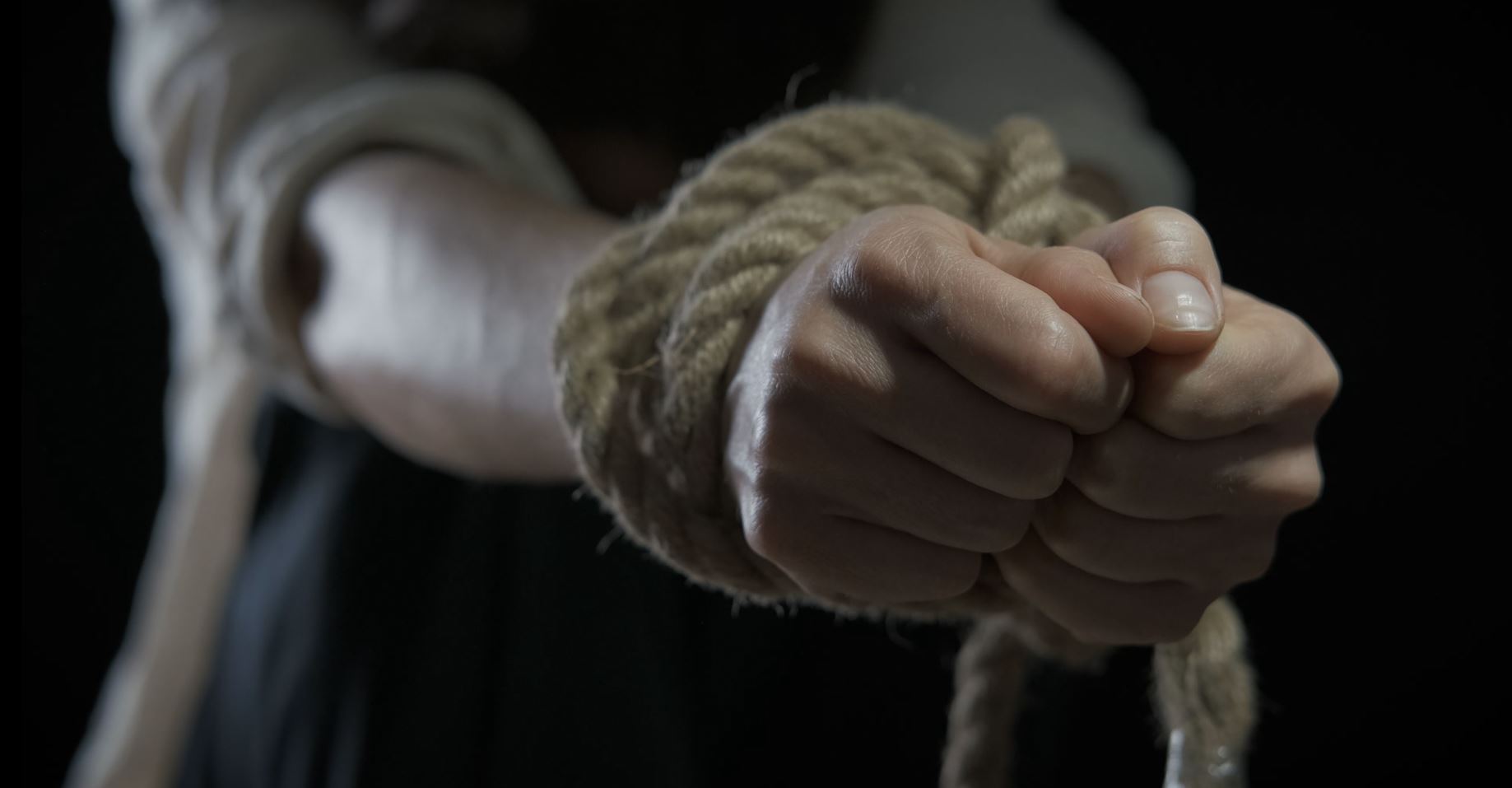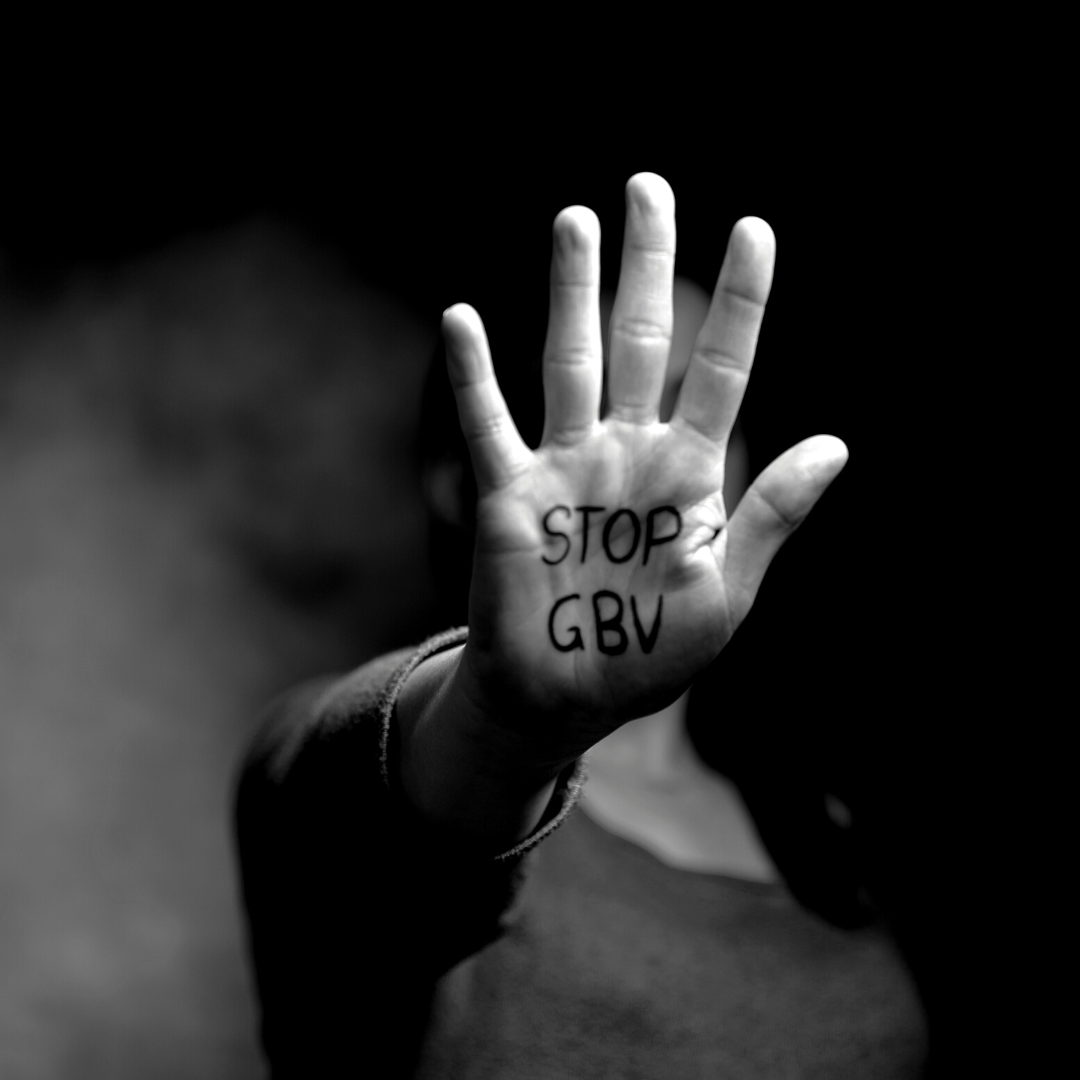UNDP supports the establishment of counselling centres for women victims of gender-based violence
Free at last: Breaking the Chains of Domestic Violence
July 10, 2023

“At first, I thought those were only temporary outbursts of aggression. I thought he wasn’t going to lose his temper again. But it started to happen more and more often and eventually turned into a routine. You hope that one day it will stop, but you are wrong, it is never going to stop, it just gets worse and more serious. And you end up suffering more and more violence.”
The young woman in her thirties was anxiously “cracking” her knuckles while she was speaking about the agony she had been enduring for the past ten years. She hesitated for several weeks before deciding whether to share her story of the violence at the hands of her husband. Eventually, she called us expressing her willingness to do so because she wanted to send a message to women trapped in the “cage of the domestic violence”.
“The violence happened constantly and kept getting worse. I believe the main reason I put up with his anger was that he was consuming precursors or psychotropic substances that led to various violent behaviours. Whenever he gave into his vices, whenever he needed money, he resorted to violence.”
She faced victimization outside the home as well. She was made fun of, gossiped about, and some of the attempts to report the violence were met with ridicule.
“I am not satisfied with the institutions. They are not sufficiently trained, they don't have adequate skills to help a victim knocking on their door, seeking a way out, a shelter to a person who needs help, serious help. There are even people who make fun of the victim directly in her face: “Come on, you'll go back to him tomorrow”, “Come on now, go back home, you'll get back together”. They convince you to go back, instead of lending a hand, after you have plucked up the courage to take action and make a report despite the terrible shame”.
This woman is one of the thousands in North Macedonia who suffer gender-based violence. Official data of the Ministry of Internal Affairs says that in 2022, a total of 1,117 crimes related to domestic violence were registered, which is a 6% increase compared to 2021. The most common offences are “bodily injury” and “endangering the security”. The fact that last year domestic violence had a fatal outcome with seven cases of murder and two cases of attempted murder is alarming. The perpetrator is most frequently the husband (474 cases), followed by sons (171 cases) and intimate (extramarital) partners (119 cases).

The exact number of victims of domestic violence remains unknown
“In the rural areas, women rarely ever report incidence of violence. The patriarchal, traditional norms still strongly influence them, and the shame from the environment also plays its part. Most often, if violence occurs, it remains invisible. For example, the woman might say that she fell down the stairs, something else happened, anything else but violence”, says Ivanka Rizovska Sokolova from the “Zhenska akcija” (Women's Action) association.
Rizovska Sokolova is the Manager of the first Support Centre for women victims of domestic and gender-based violence which covers the territory of the Municipalities of Radovish and Konche. The centre was opened in December last year, as part of the project “Reversing the COVID crisis: municipalities as drivers of sustainable development”, which the United Nations Development Program - UNDP is implementing with the support of the Bureau for Regional Development.
“Victims of violence are often left wandering around, they don't know where to call, who to turn to. By opening the Support Centre, we created a safe place where they know they will receive adequate help and support,” she explains.

The opening of the first Support Centre in Radovish
An additional problem in smaller environments is the lack of awareness. According to Rizovska Sokolova, the fight against domestic violence must not only be confined to the centres, but it is also necessary to work on educating the victims as well as all members of society.
“Often, especially in smaller communities, the prevailing opinion is that such things are not our problem, that we should not interfere in the family’s issues. Yet, violence is a problem that affects society in its entirety, not only the victim, because very often it also involves children, who suffer second-hand violence, who are indirect victims, and this reflects on their psycho-social health.”
The fight against domestic violence demands approach that extends beyond counselling centres
Victims of domestic violence need the same support, regardless of whether they reside in small rural areas or major cities. In Kumanovo, the municipality with the largest number of inhabitants in North Macedonia, the Counselling Centre for victims of gender-based and domestic violence “Comfort Zone for Women” has been operating since September 2022. It was established within the framework of the Regional Program for Local Democracy in the Western Balkans 2 - ReLOaD 2, which UNDP implements with the financial support of the European Union. Managed by “Majka” Humanitarian Association, the Centre, has already provided support to 33 women.
“Most often we provide them with assistance to exercise their social and legal rights, as well as psychological support and career counselling to facilitate integration into the labour market. Currently undergoing the licensing process, the Centre has submitted a request to the Ministry of Labour and Social Policy, and is awaiting approval”, says Lidija Ilijevska, president of “Majka”.
UNDP helps the country in achieving the minimum standards set by the Istanbul Convention, which stipulates having one Counselling Centre per 50,000 inhabitants. Currently, the Ministry of Labour and Social Policy has established ten specialized Counselling Centres for women victims of violence and domestic violence and eight specialized Counselling Centres for psycho-social treatment of perpetrators of domestic violence.
“Municipalities have an obligation to take measures for prevention and protection against gender-based and domestic violence, both according to the domestic legislation and the Istanbul Convention. UNDP supports municipalities in establishing specialized services for victims of this type of violence that also contributes to shifting established patterns of behaviour and breaking free from the cycle of violence”, says Kristina Plecic, Gender Specialist at UNDP.

The opening of Counselling Centres is particularly important in providing the psychological support to women who have faced the trauma of domestic violence. The Counselling Centres in Radovish and Kumanovo also offer this kind of help.
“Victims of domestic violence often feel intimidated, powerless and helpless, and they have low self-esteem. The world for them is no longer a safe place, they have no one to turn to because they have no resources, and they are left without support and understanding by their environment. First and foremost, psychological help allows them to see themselves as capable, with the support and help od others, of breaking the cycle of violence”, explains Gabriela Boshkov, a psychologist at the “Comfort Zone for Women” Counselling Centre.
The young woman from the beginning of the text, after enduring 10 years of violence and harassment, decided to put an end to this nightmarish episode of her life. A few months ago, she left her husband and left her home, which only holds memories of countless traumatic incidents.
“Now I can sleep in peace, I can wake up and face the day in peace. No one will harass, abuse, belittle, control or stalk me. I feel free. Free and happy, at last.”

 Locations
Locations